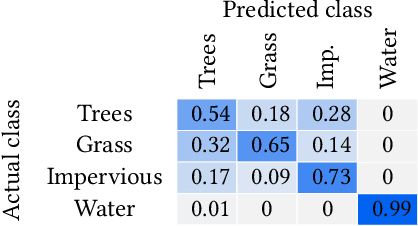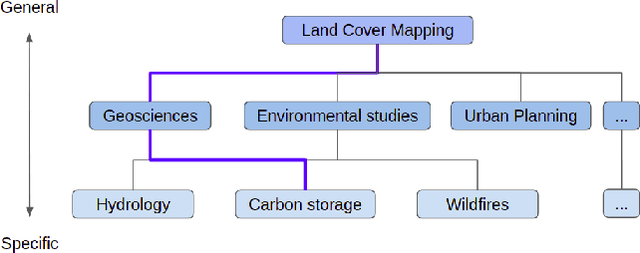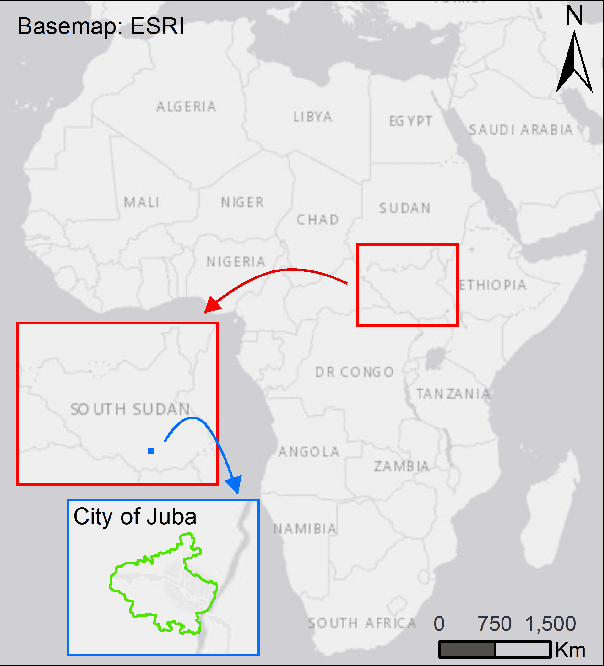Rober Carrillo
Semantic Workflows and Machine Learning for the Assessment of Carbon Storage by Urban Trees
Sep 22, 2020



Abstract:Climate science is critical for understanding both the causes and consequences of changes in global temperatures and has become imperative for decisive policy-making. However, climate science studies commonly require addressing complex interoperability issues between data, software, and experimental approaches from multiple fields. Scientific workflow systems provide unparalleled advantages to address these issues, including reproducibility of experiments, provenance capture, software reusability and knowledge sharing. In this paper, we introduce a novel workflow with a series of connected components to perform spatial data preparation, classification of satellite imagery with machine learning algorithms, and assessment of carbon stored by urban trees. To the best of our knowledge, this is the first study that estimates carbon storage for a region in Africa following the guidelines from the Intergovernmental Panel on Climate Change (IPCC).
* Previously published as part of the SciKnow 2019 Workshop, November 19th, 2019. Los Angeles, California, USA. Collocated with the tenth International Conference on Knowledge Capture (K-CAP)
 Add to Chrome
Add to Chrome Add to Firefox
Add to Firefox Add to Edge
Add to Edge